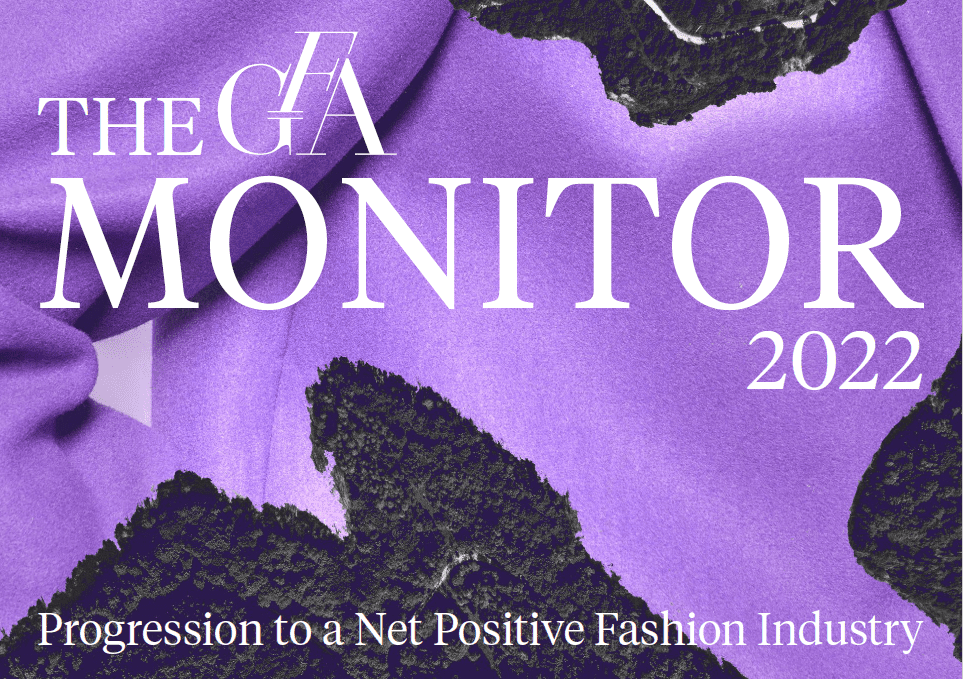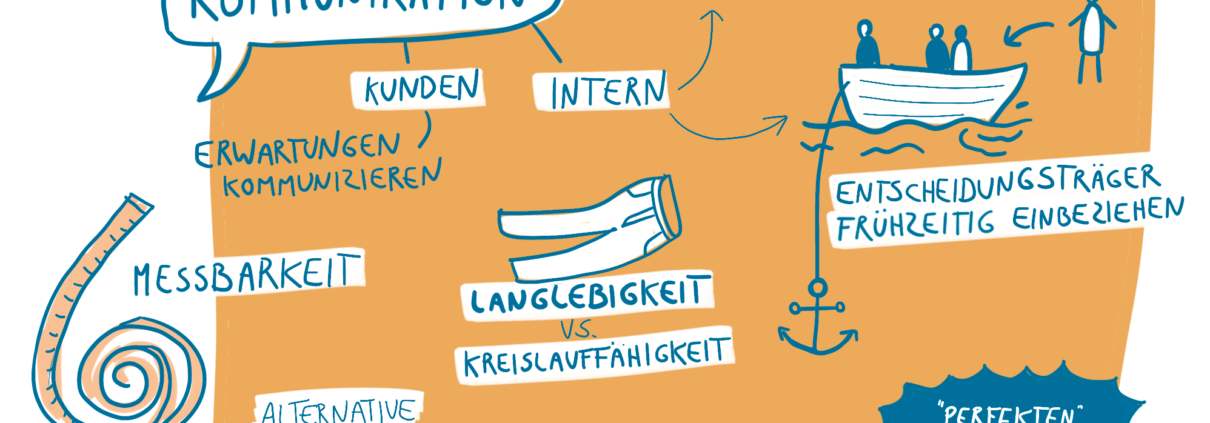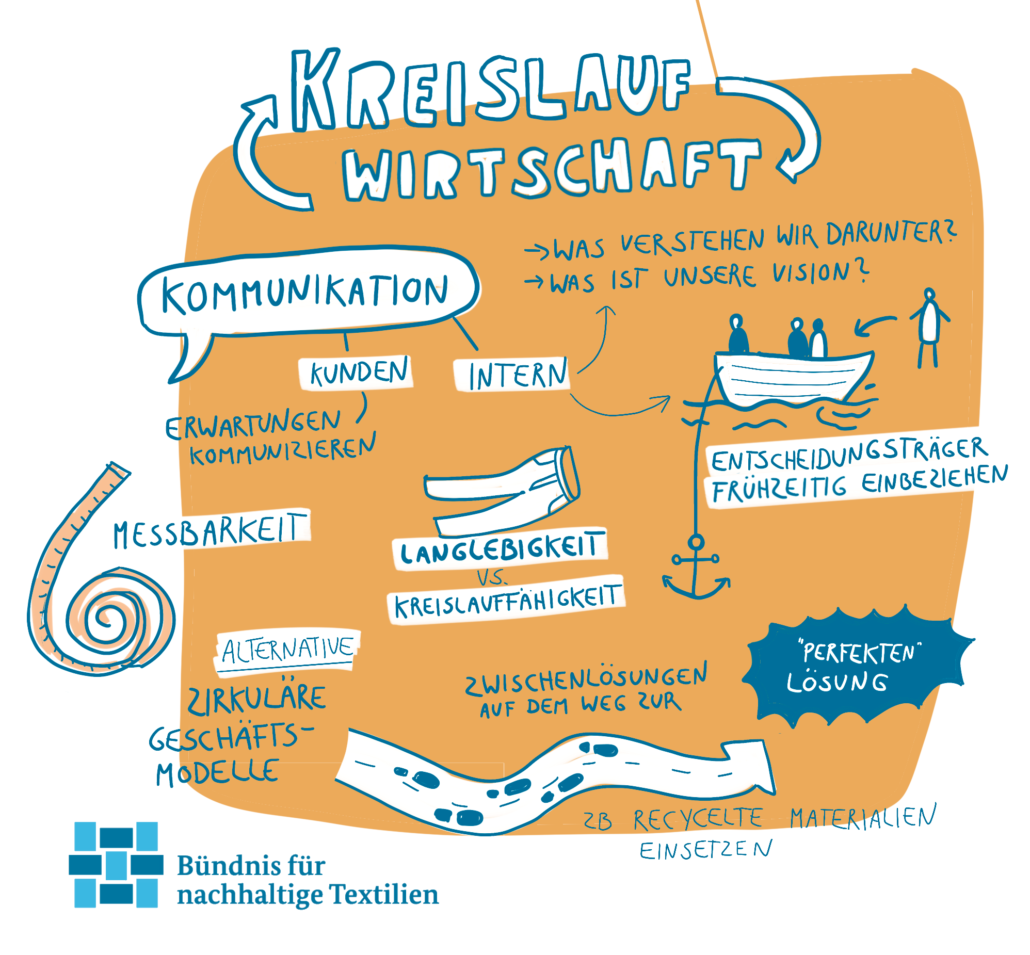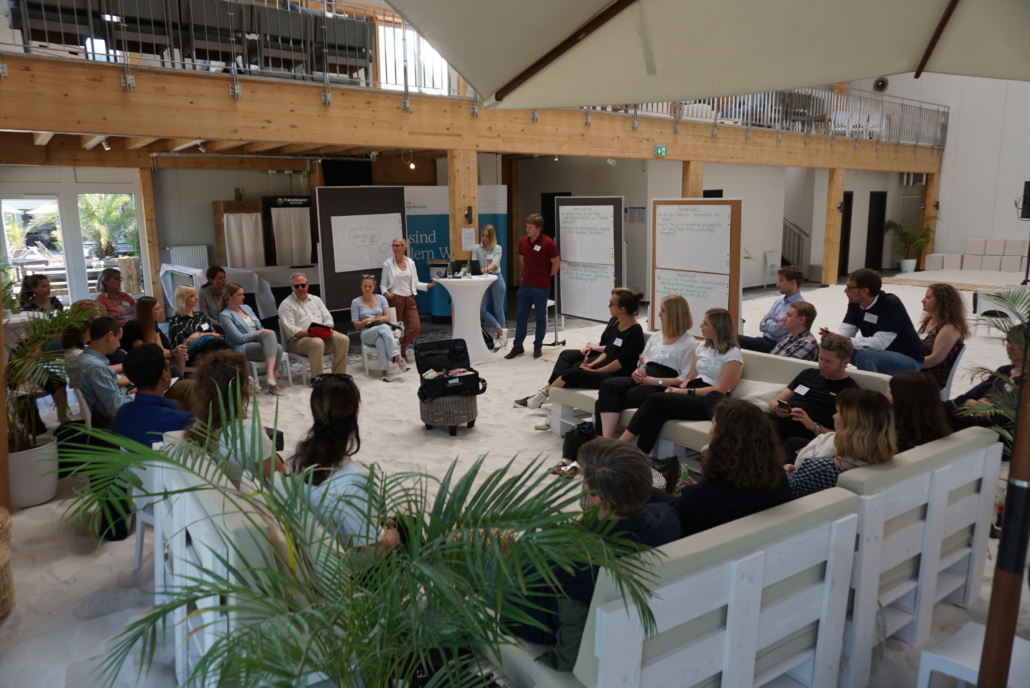Sustainable textile industry until 2050: GFA calls on the industry and points out solutions

Sustainable textile industry until 2050: GFA calls on the industry and points out solutions
A more sustainable textile industry by 2050 and the achievement of the goals of the Paris Agreement are the vision of the GFA. Companies in the textile industry have a special responsibility in this regard. Currently, with the plethora of existing information on the topic of sustainability, it can be a great challenge for individual textile companies to find individually suitable measures.
That's where the GFA Monitor comes in and aims to provide guidance. It includes clear measures and goals, highlights best practices, and addresses data and solutions for greater sustainability. In addition, the GFA Monitor is intended to serve as an annual assessment of progress, thus promoting self-responsibility and self-reflection.
GFA says it hopes the Monitor will "mobilise and inspire fashion leaders to make bold commitments and take decisive action on the five priorities to build a better future for their brands, their value chain partners, garment workers, and the planet."
Experts from more than 30 organisations worked together to develop the GFA Monitor. They include the Textile Partnership's cooperation partners Textile Exchange, ACT, Fair Wear Foundation and ZDHC, as well as Partnership member WWF, apparel impact institute, Ellen Macarthur Foundation, Social & Labour Convergence Program, BSR, Fair Labor and The Industry We Want.
The GFA Monitor is available on the Global Fashion Agenda website: https://globalfashionagenda.org/resource/the-gfa-monitor/







